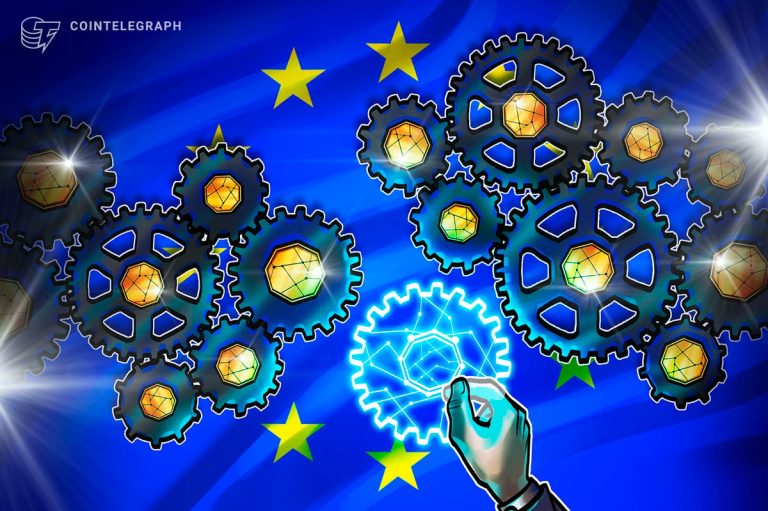Contemplating the regulatory wrestle to maintain up with ever-evolving improvements, Margrethe Vestager, the chief vp of the European Fee, really helpful a headstart into brainstorming implications of applied sciences such because the Metaverse and ChatGPT.
Vestager highlighted how digital transition and the shift to a digital economic system have led to danger and alternatives for the lots whereas speaking on the Keystone Convention about competitors coverage. She believes that legislations lag behind technological developments, including:
“We have now definitely not been too fast to behave – and this may be an essential lesson for us sooner or later.”
Whereas the enforcement and legislative course of will proceed to remain a step behind tech improvements, Vestager harassed the necessity to anticipate and plan for such adjustments. She acknowledged:
“For instance, it’s already time for us to start out asking what wholesome competitors ought to appear like within the Metaverse, or how one thing like ChatGPT might change the equation.”
She additionally revealed that EU Fee would implement antitrust investigations from Might 2023 aimed towards the Fb market and the way Meta makes use of ads-related information from rivals, amongst others.
Associated: The constraints of the EU’s new cryptocurrency laws
Feb. 15 marked the launch of the European Blockchain Regulatory Sandbox, which supplies an area for regulatory dialog for 20 tasks per yr by 2026.
With our consulting arm OXYGY, at the moment we announce, along with the @EU_Commission, that functions are actually open for the primary cohort of the European blockchain regulatory sandbox for blockchain/DLT innovators @EuropeanSandbox:#blockchain #sandbox https://t.co/ZNbjUCTubp pic.twitter.com/PtdS0oBS8p
— Chook & Chook (@twobirds) February 14, 2023
On the opposite finish of the spectrum, European Union lawmakers are in talks about utilizing zero-knowledge proofs for digital IDs. Cointelegraph’s report on the matter highlighted:
“The brand new eID would permit residents to establish and authenticate themselves on-line (through a European digital identification pockets) with out having to resort to industrial suppliers, as is the case at the moment – a apply that raised belief, safety and privateness issues.”
Zero-knowledge proofs have not too long ago been on the middle of researchers’ consideration as a potential means to make sure regulatory compliance and privateness in digital currencies.



